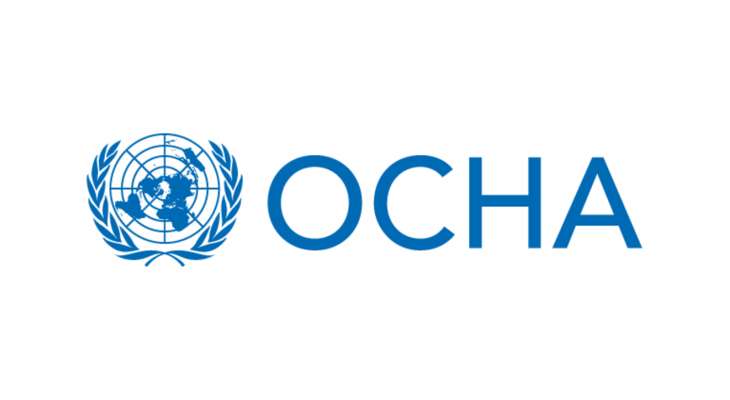“We fear that the unprecedented economic crisis facing Sri Lanka will turn into a major humanitarian emergency, and we are taking action to address those concerns,” said Jens Larki, spokesman for the UN Office for the Coordination of Humanitarian Affairs in Geneva.
During his regular press conference, he noted that “The United Nations, in collaboration with partner NGOs, has launched a $47 million plan to immediately meet the needs of 1.7 million of the most vulnerable and most affected people in Sri Lanka.” The main goal of the four-month plan is to provide “immediate and vital humanitarian assistance to the most affected people.”
Larkey explained that the plan “was also developed in collaboration with development organizations to avoid a larger humanitarian crisis in the future”, noting that the United Nations was “observing the severe impact of the crisis”, noting that “many are deprived of food and also livelihoods and agriculture were also damaged.” “.
Sri Lanka is experiencing its worst economic crisis since independence, amid severe fuel, food and medicine shortages due to foreign exchange shortages and accelerating inflation. It also faces daily power outages for long hours and record inflation. Facing an unprecedented financial crisis, Sri Lanka turned to the International Monetary Fund for help after it defaulted on its $51 billion foreign debt.
Source: El Nashra
